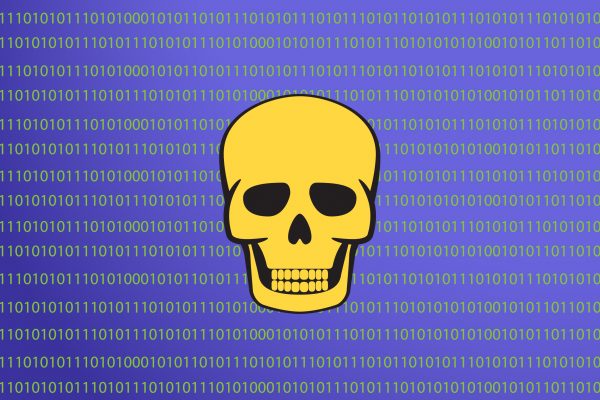
The recent cyber attack on The Guardian serves as a stark reminder of the importance of robust cybersecurity measures. A “highly sophisticated” ransomware attack compromised the personal data of UK employees, including bank details, salaries, and passports, shut down many of the newspaper’s computer systems, and forced the company to close its offices. The Guardian is now facing the prospect of being fined up to £17.5m by the UK data watchdog, the Information Commissioner’s Office (ICO), and refused to disclose whether it paid a ransom to hackers following the attack that lasted almost a month.
Ransomware attacks are a type of cyber attack in which a hacker encrypts a victim’s files and demands payment in exchange for the decryption key. One of the most common ways that hackers gain access to a victim’s system is through ‘phishing’ scams. These typically involve an email or text message that appears to be from a legitimate source but directs the victim to click on a link or download an attachment. Attackers also often use automated tools to try and guess login credentials and weak passwords. Both of these are ‘human vulnerabilities’ that can be protected against with the kind of simple employee training that our Arx platform provides. Ransomware attackers often exploit vulnerabilities in outdated software to gain access to a victim’s system. This is why it is important to ensure that all software is kept up-to-date with the latest security patches. They can also gain access to a victim’s system by exploiting vulnerabilities in remote access software. Arx’s users can automate regular scans to detect these vulnerabilities and take proactive actions to plug their security gaps.
It’s important to note that these are just some of the most common causes of ransomware attacks, and new tactics and techniques are constantly being developed by attackers. The best way to protect your organization from a ransomware attack is to stay up to date with the Arx Alliance.

